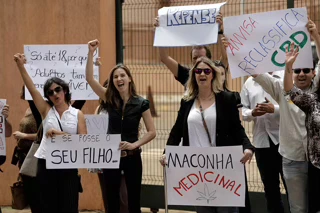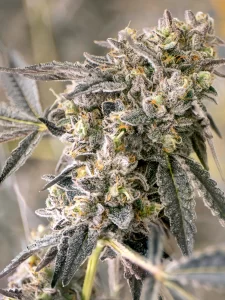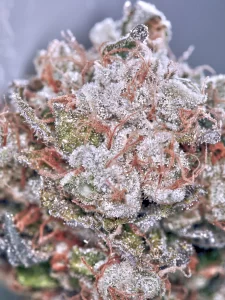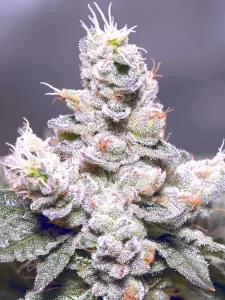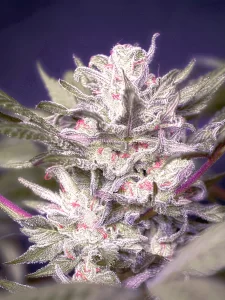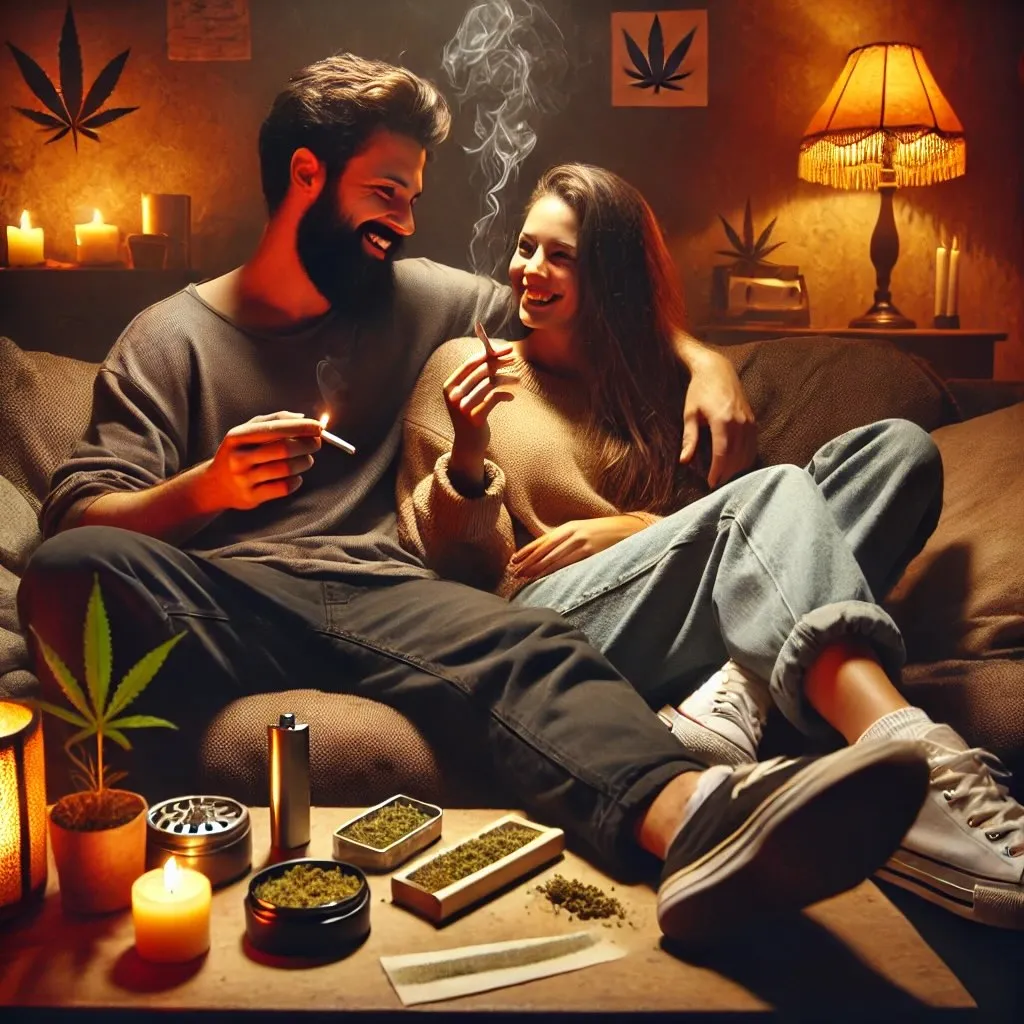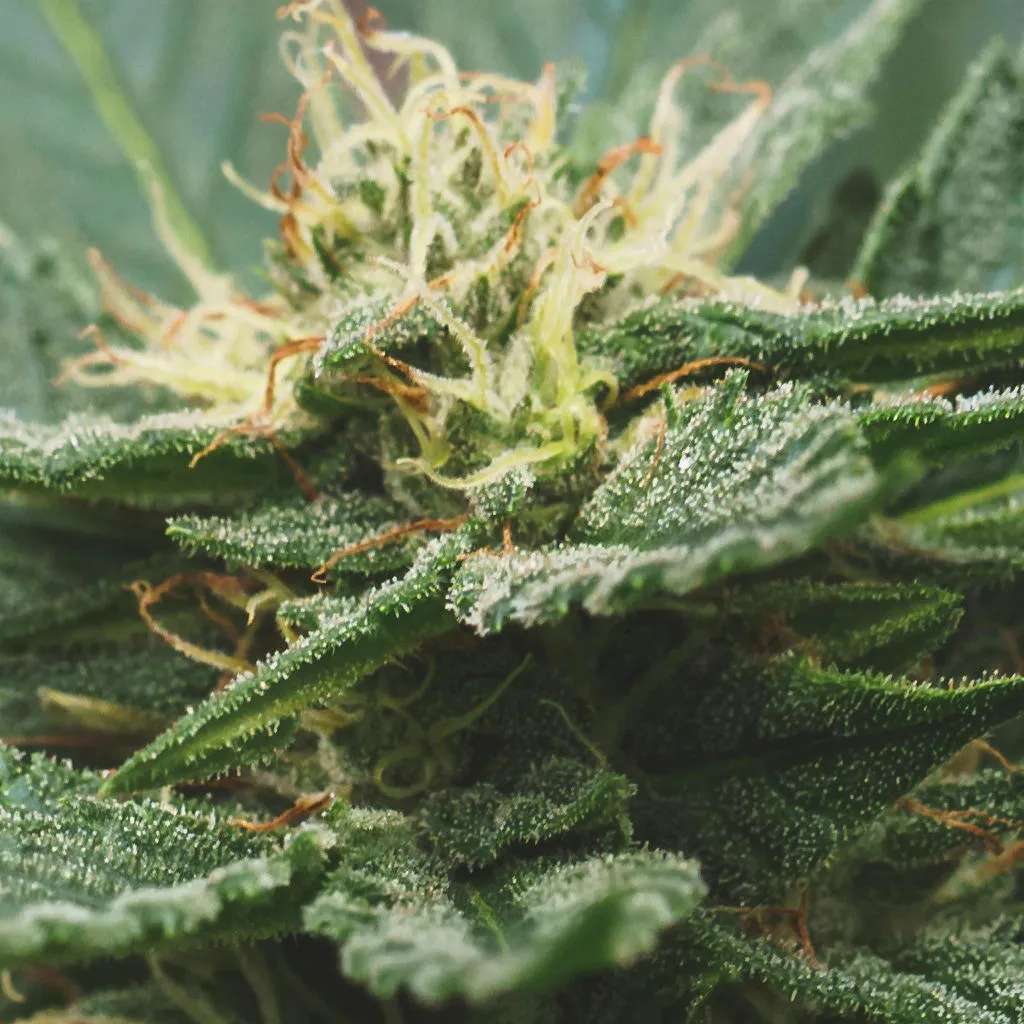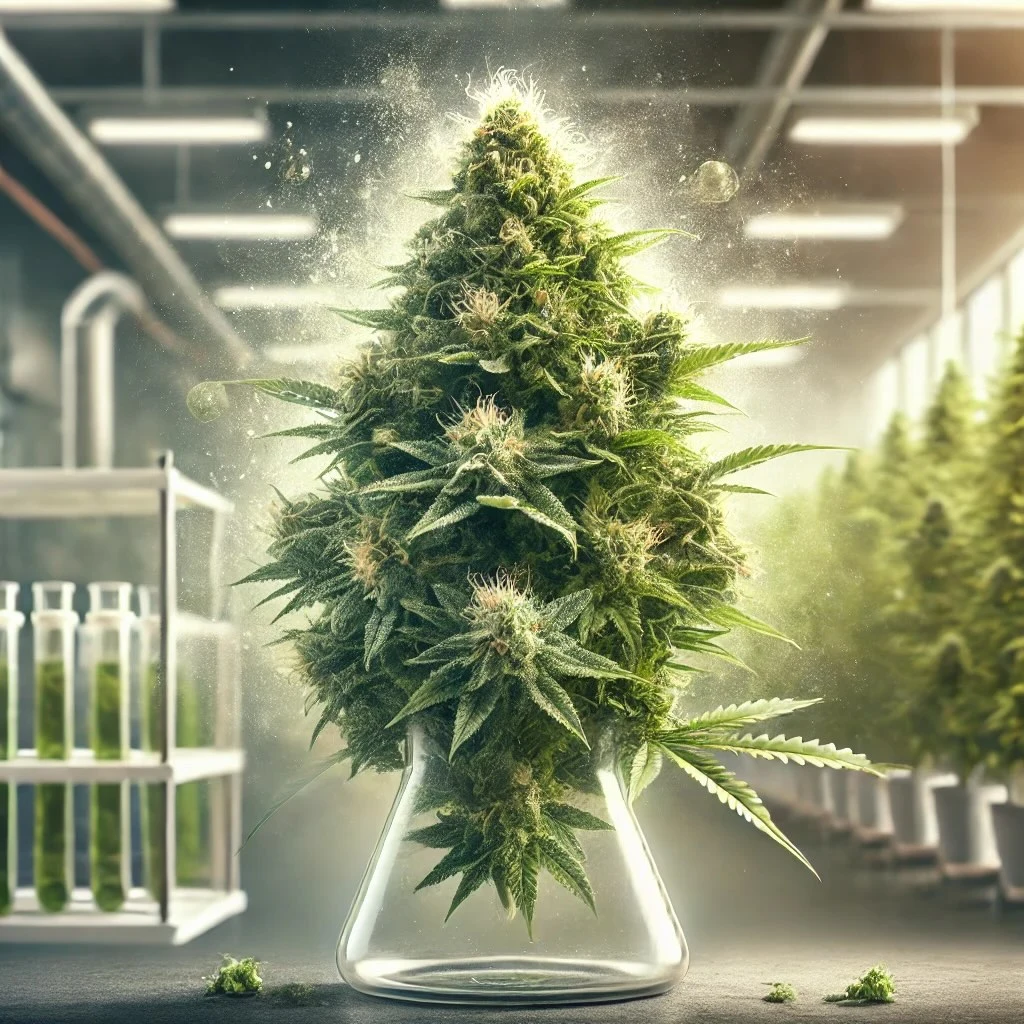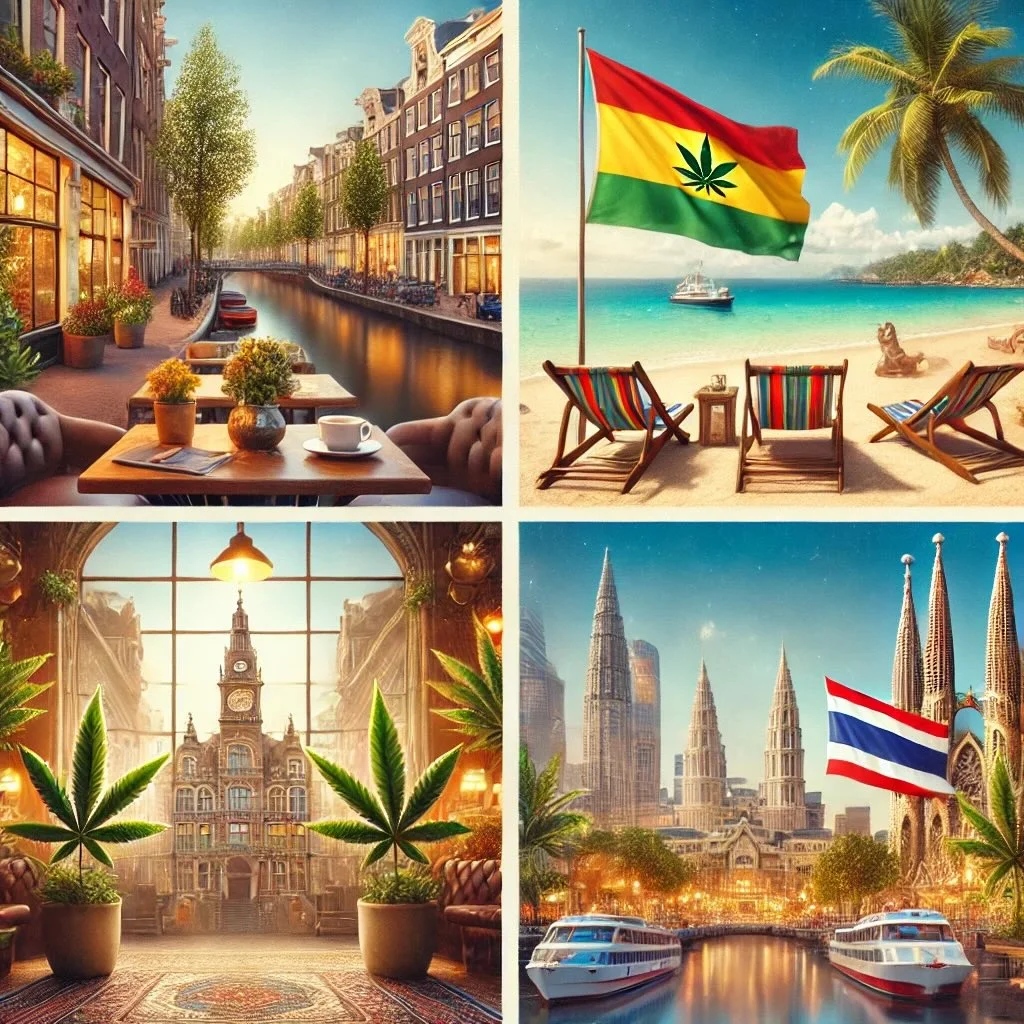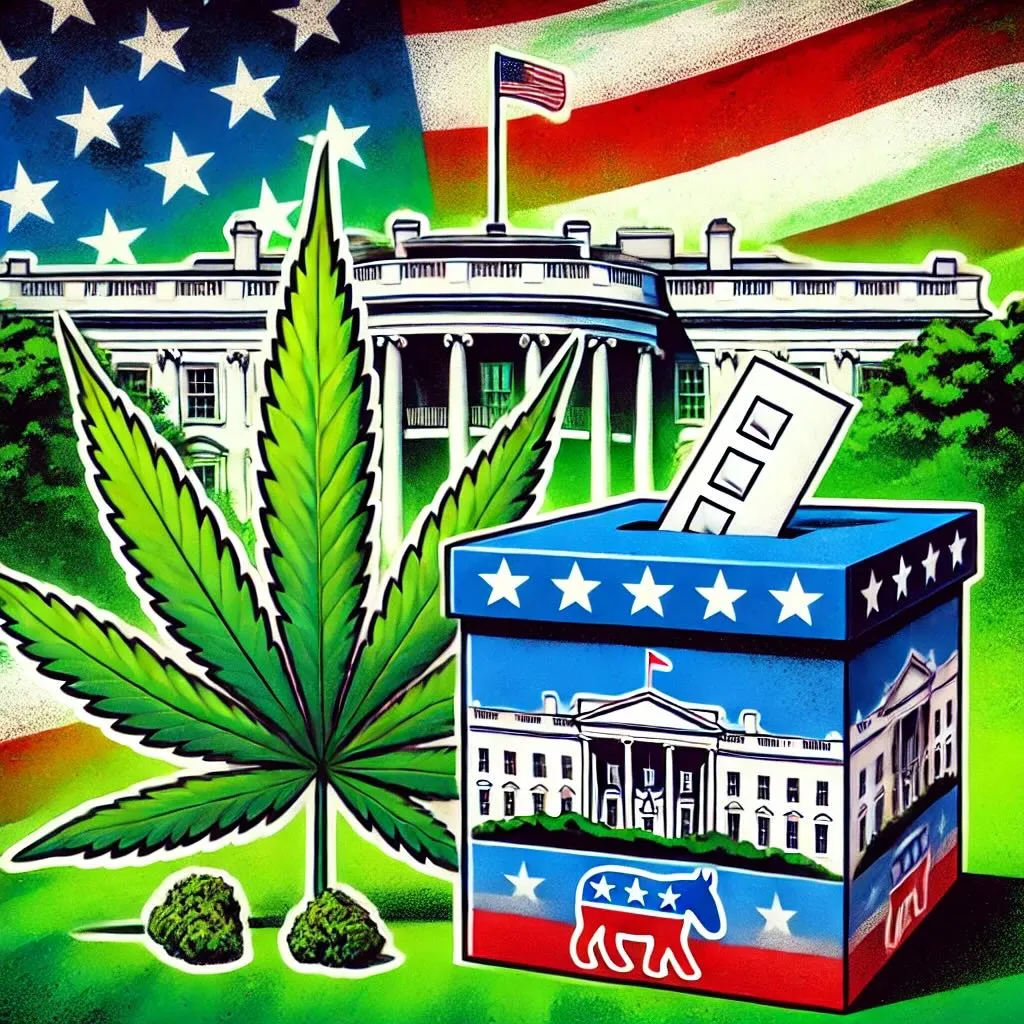Cannabis has long been illegal in Brazil. However, recently the Brazilian government has approved the import of non-psychoactive hemp CBD oil to assist in the treatment of a limited number of diseases and disorders.
South America took another step forward on the path to legal cannabis as Brazil reclassified cannabidiol (CBD) as “controlled” rather than illegal. President of the agency Jaime Oliveira espoused the fact that cannabidiol is neither psychoactive nor addictive. He cited that scientific reports prove this, and support the decision of the National Health Surveillance Agency (ANVISA) that “there is no reason to continue forbidding its use”.
Cannabidiol cannot (as yet) be produced in Brazil, since cultivation as well as consumption and possession of cannabis or cannabis derivatives, is illegal.
ANVISA is currently working on the authorization for importing medicines containing CBD. This should be simple, as similar authorization is required for other medications which are only available on prescription in Brazil.
Despite this positive outcome, in an interview with the newspaper “O Globo” last weekend, Justice Minister Jose Eduardo Cardoso said that decriminalizing drug use “is not on the agenda” of the government of President Dilma Rousseff, which began on January 1st 2015
Current Legislation
Cultivation, smoking, trading and possession of cannabis in any amount are illegal in Brazil. The Brazilian government considerations anything made from cannabis, including non-psychoactive hemp, as illegal.
However, Drug Law 11.343, which passed on August 23, 2006, decriminalized possession and cultivation for personal use, even in cases involving repeat offenses.
Therefore, possessing or cultivating small amounts entails a warning, community service and education on the effects of the drug. Possessing of cultivating large amounts, however, as well as selling or transporting cannabis, is considered drug trafficking and punishable to 5 to 15 years in prison and a significant fine.

